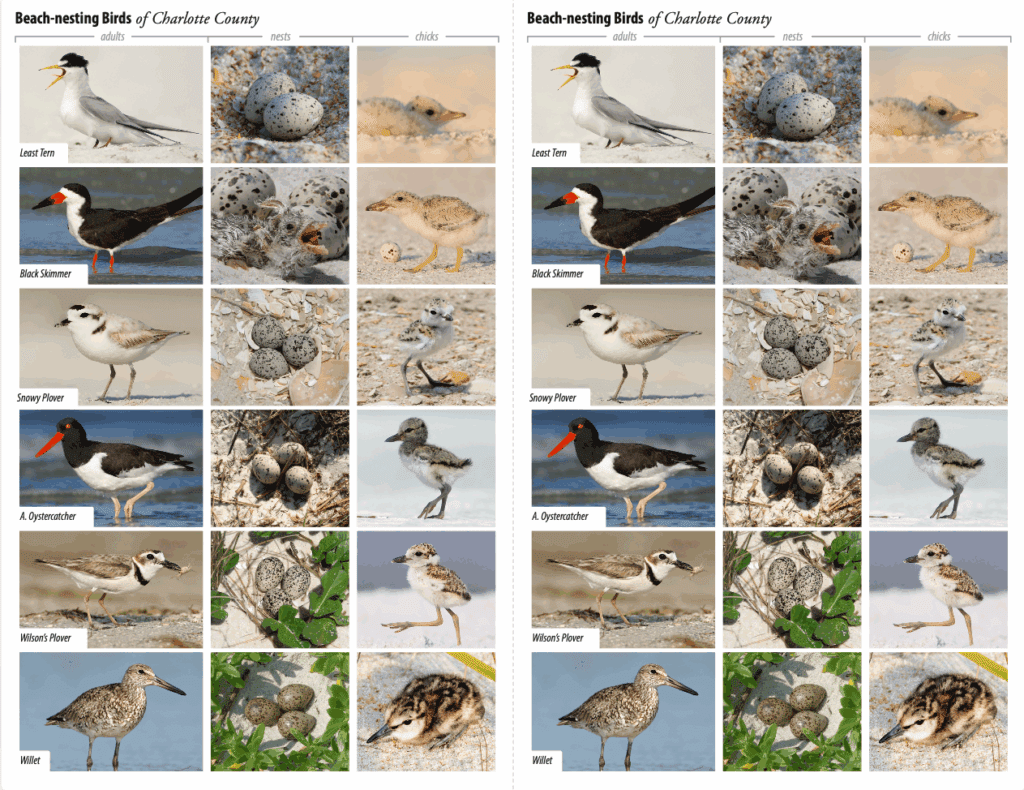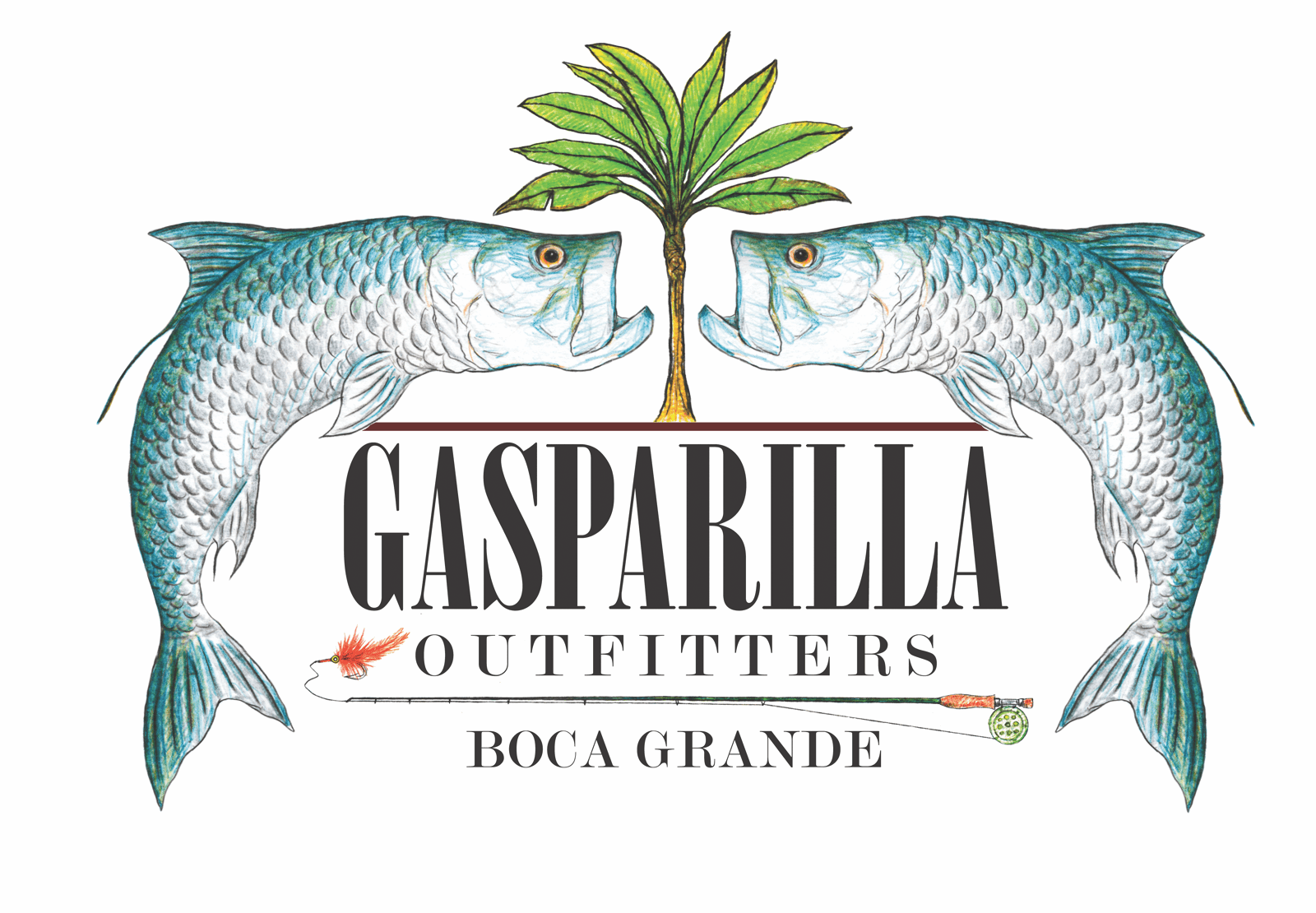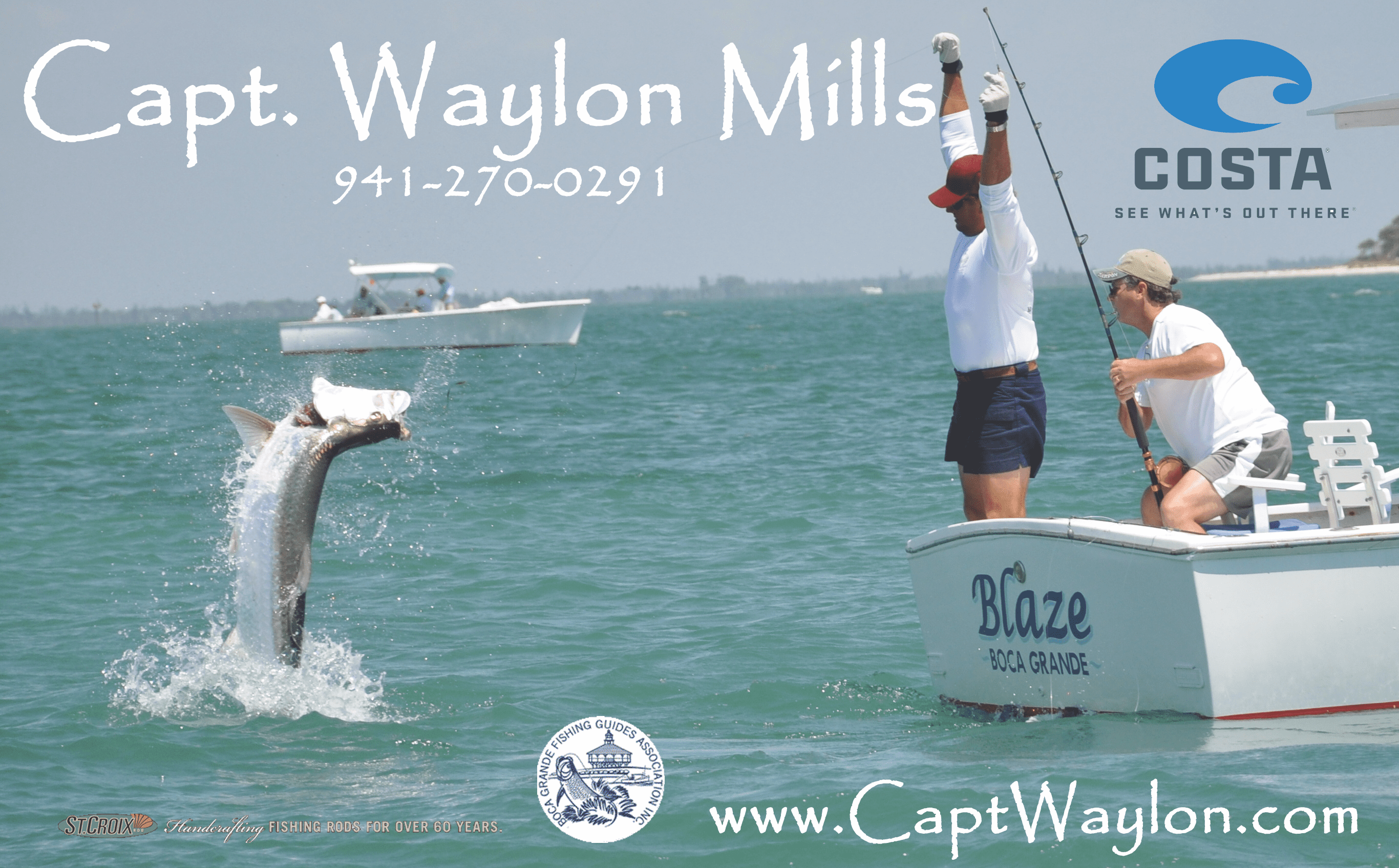Birds, paragliders fighting for shore leave
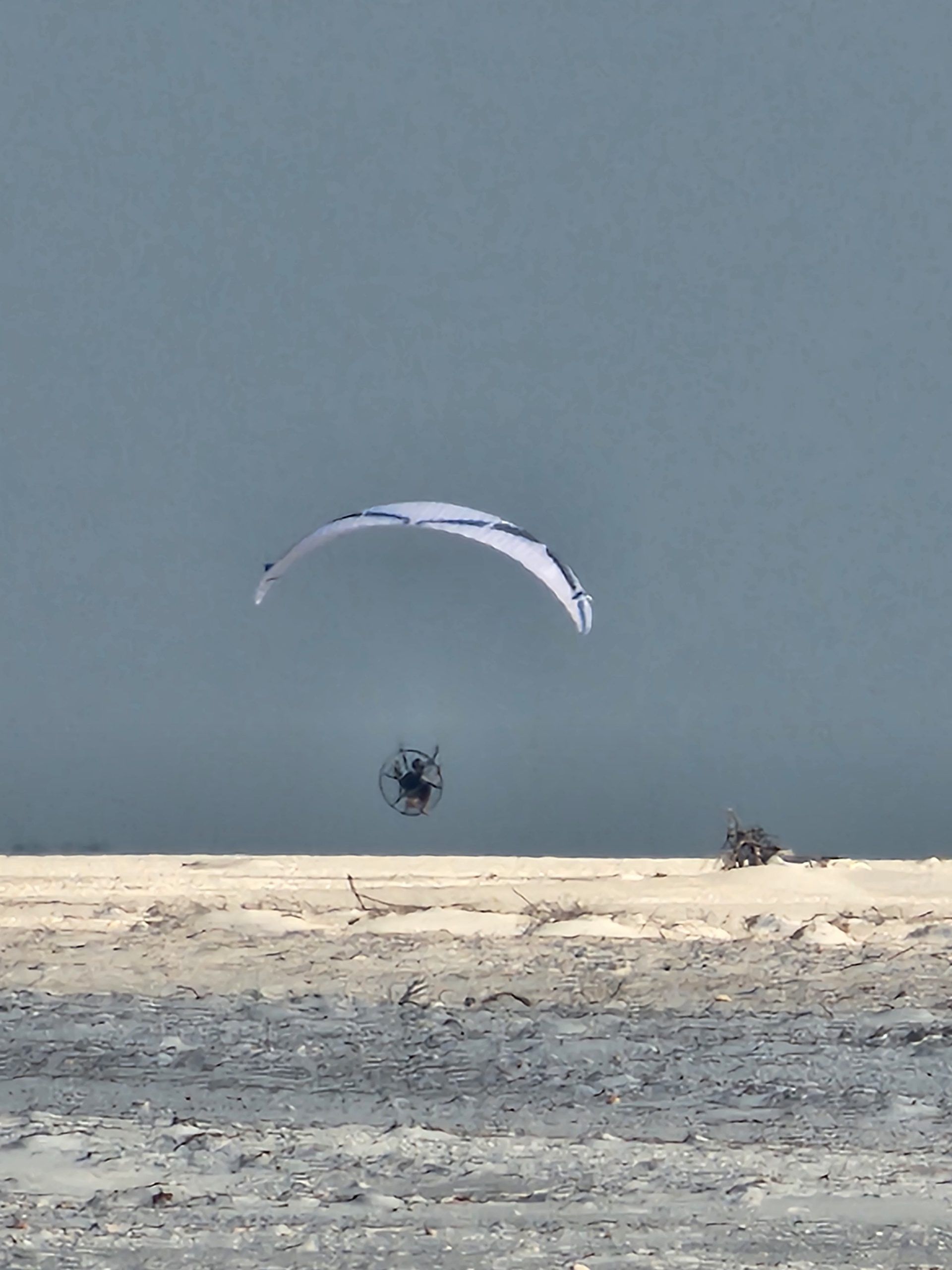
Charlotte County environmental specialists have posted a bird nesting area at the north end of Gasparilla Island in front of Island Court, but numbers have been unusually low due to human disruption.
Susie Derheimer, coastal environmental specialist for Charlotte County Community Services, has observed one adult least tern on a nest and five other individuals courting in the posted area. On Tuesday, April 29, two additional nests were observed and a total of 16 adults in courting in the posted area.
“We’re really disappointed so far with the turnout,” Derheimer said.
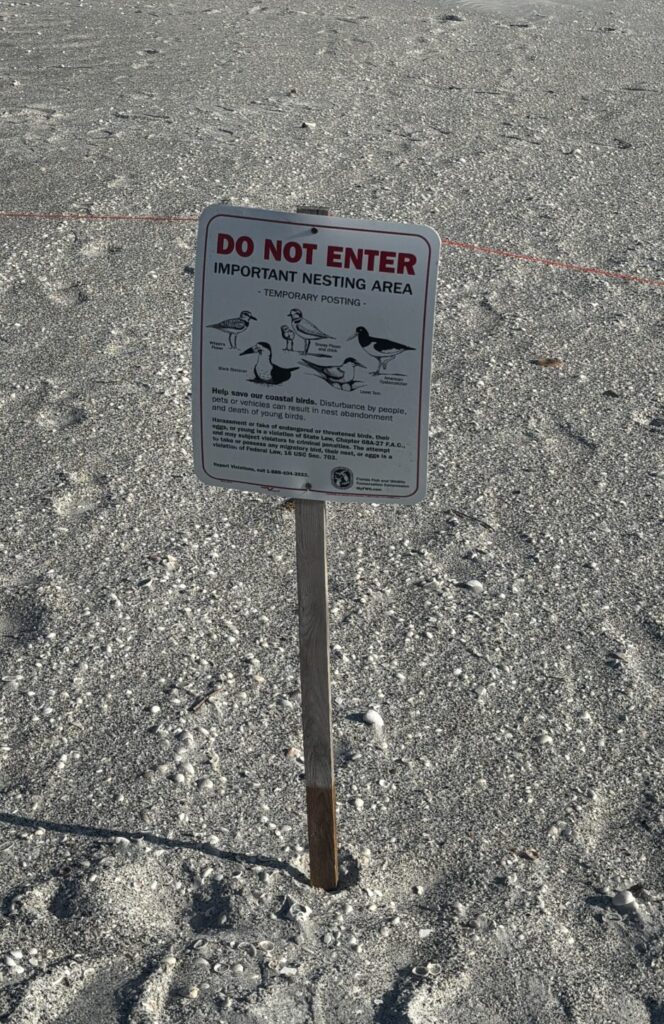
Last year, there was a peak count of 124 adult least terns with 24 nests and 16 fledged chicks, and 188 adult Black Skimmers with two nests and zero chicks.
Nesting season runs from Feb. 15 to Aug. 31, and during this time it is important for humans to give the posted areas distance and for dogs to be leashed, and ideally away from the vicinity entirely.
When dogs or humans get close to nesting birds they may “flush,” or in other words, be disturbed and fly away from their nests.
In recent years some motorized paragliders, or paramotors, have also become a problem for nesting birds. This year, Derheimer has noticed one particular paraglider that frequents the area and appears to be intentionally flushing the birds.
“He’s flushing them all,” she said. “We should have tons of birds out here right now. The beach changed so much after Milton, but there’s definitely a wonderful habitat. We should have tons of birds, and we don’t. So that’s the only reason why I could think of; there’s a huge nesting colony up on Palm Island with hundreds of birds.”
The Florida Fish and Wildlife Conservation Commission has been contacted regarding the paraglider and are currently investigating the incident, but have not been able to identify a specific paraglider or individual responsible at this time, according to FWC Officer Bradley Johnson.
Because they are designated as “ultralight vehicles” by the Federal Aviation Administration, motorized paragliders are not required to have an FL number, or flight level designation. They are also not required to have any sort of license.
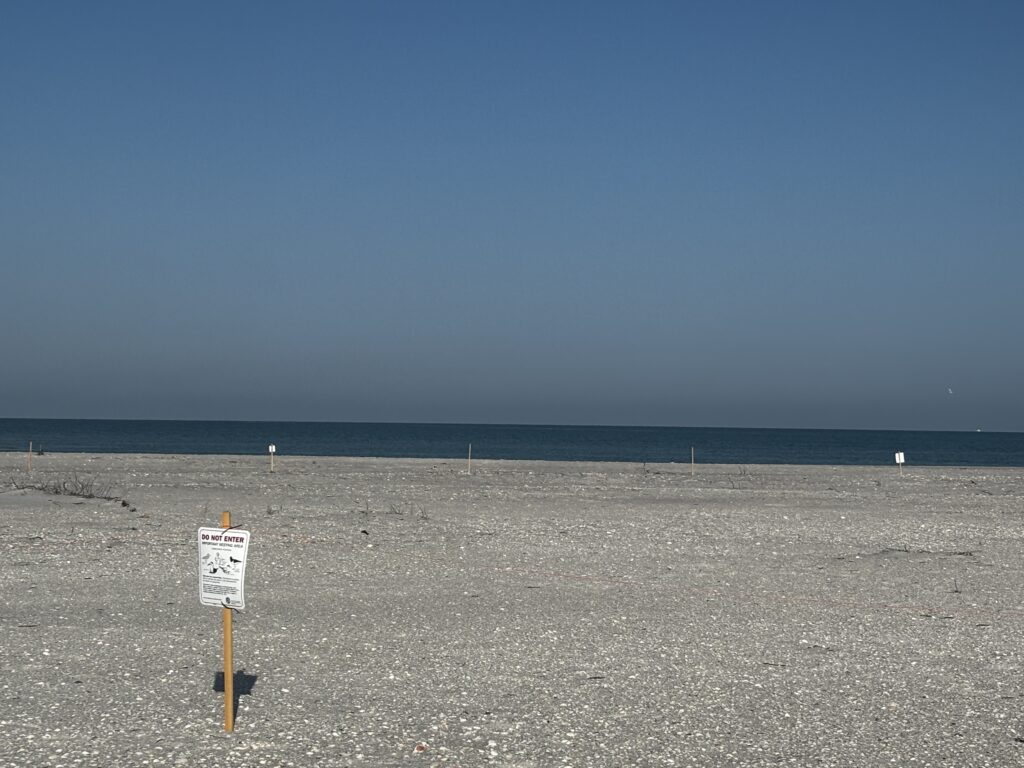
“The Audubon Society tried to reach out to local motorized paragliding groups and educate them a couple of years ago, and it seemed like the year after they did that, they didn’t have any problems,” Derheimer said.
She has seen the same paraglider “dive-bombing” birds that are clearly within the posted nesting area.
“This guy is the worst I’ve ever seen in terms of harassment,” she said. “He goes out of his way to flush the birds off their eggs.”
Visit charlottecountyfl.gov for more info on nesting birds. Report violations of bird nesting areas by calling the Wildlife Alert Hotline at (888) 404-3922 or submitting a tip at MyFWC.com/WildlifeAlert.
